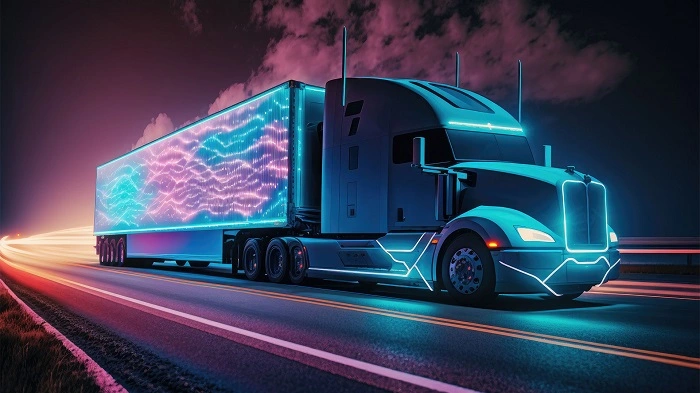
The trucking industry is one of the most critical sectors of the global economy. It is responsible for transporting goods and commodities to all corners of the world, and it employs millions of people globally. The future of truck driving is now on the cusp of a significant technological transformation that will significantly change the way things are done. In this article, we will explore the future of truck driving and the impact of technology and automation on the industry.
The Advancement of Technology in Truck Driving
Technology has already made significant inroads in the trucking industry, and this trend is set to continue. Some of the most notable advancements include the use of GPS and telematics systems, which help drivers and dispatchers track vehicles and monitor driving behavior. Electronic logging devices (ELDs) are now mandatory for all commercial truck drivers in the United States. ELDs are used to track a driver’s hours of service to ensure compliance with regulations and prevent fatigue-related accidents.
Another significant advancement in trucking technology is the use of sensors and cameras to provide real-time information about the condition of a vehicle. These sensors can detect when a truck needs maintenance or repairs and alert drivers and maintenance crews. Additionally, onboard computers can optimize route planning, fuel consumption, and delivery schedules, reducing wasted time and resources.
The Emergence of Autonomous Vehicles
Autonomous vehicles are also poised to revolutionize the trucking industry. Companies such as Tesla, Waymo, and Uber are already developing autonomous trucks that could potentially eliminate the need for human drivers altogether. Autonomous trucks could significantly reduce the risk of accidents caused by human error and improve the efficiency of deliveries by allowing for 24/7 operation.
However, the emergence of autonomous trucks also raises concerns about job displacement. According to a report by the Center for Global Policy Solutions, automation could eliminate up to 3.5 million jobs in the trucking industry. While this may be concerning for truck drivers, it is essential to remember that technological advancements have historically led to job creation in other sectors.
The Future of Truck Driving
Despite the potential job losses, the future of truck driving looks promising. Advancements in technology and automation will make the industry safer, more efficient, and more environmentally friendly. Automated vehicles could reduce emissions by optimizing routes and improving fuel consumption.
Moreover, the trucking industry will still require human workers to operate and maintain the new technology. As the industry shifts toward more advanced technology, the demand for workers with technical skills, such as programming and data analysis, will increase.
In conclusion, the future of truck driving is exciting and promising. Technology and automation will make the industry safer, more efficient, and more environmentally friendly. While job displacement may be a concern, new opportunities will arise for workers with the right skills. The key to success in the industry will be adapting to the changes brought on by technological advancements and embracing new ways of working.

Trucks with no drivers is so stupid we cant stop cars from comming front of us so close there is no out.